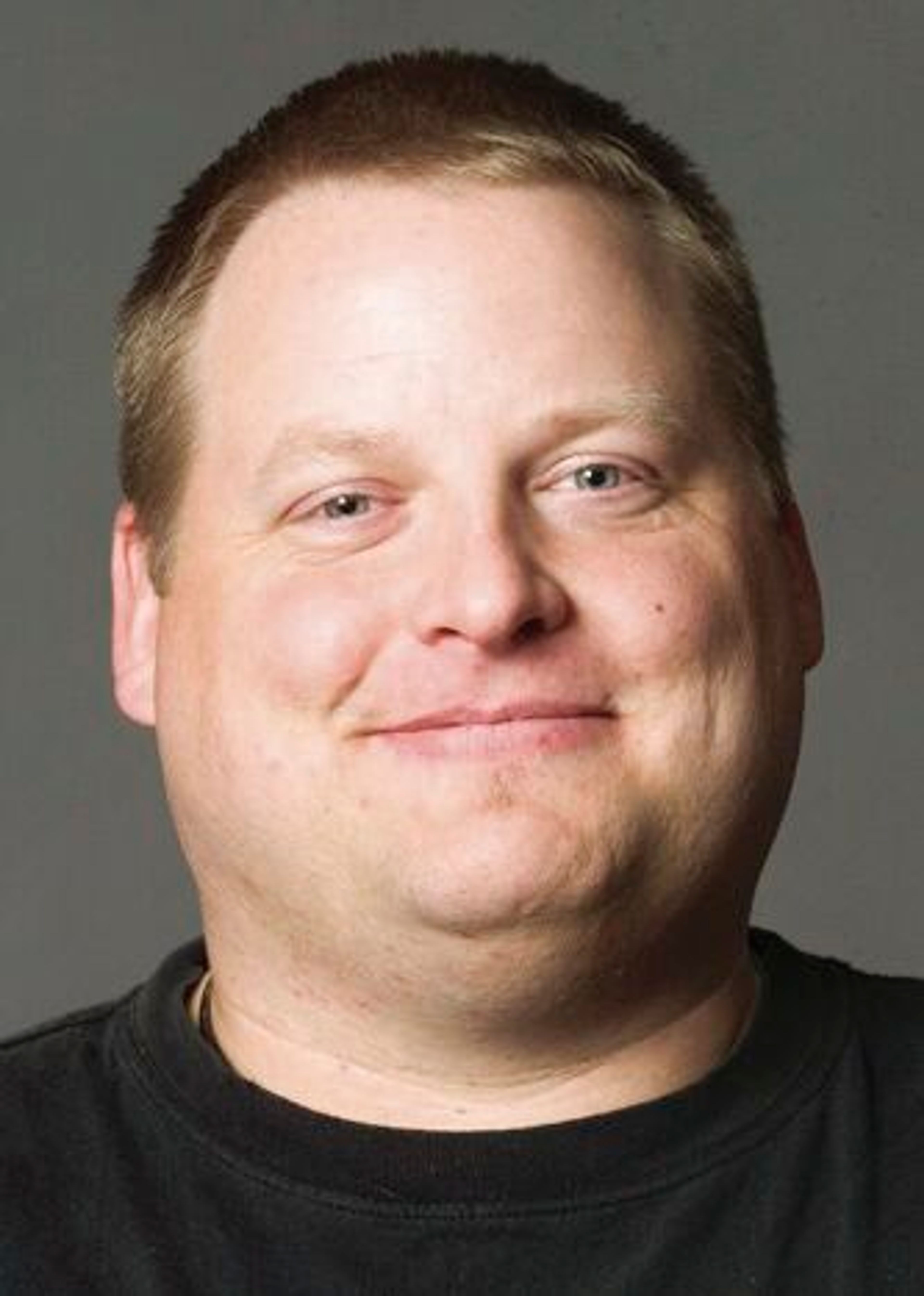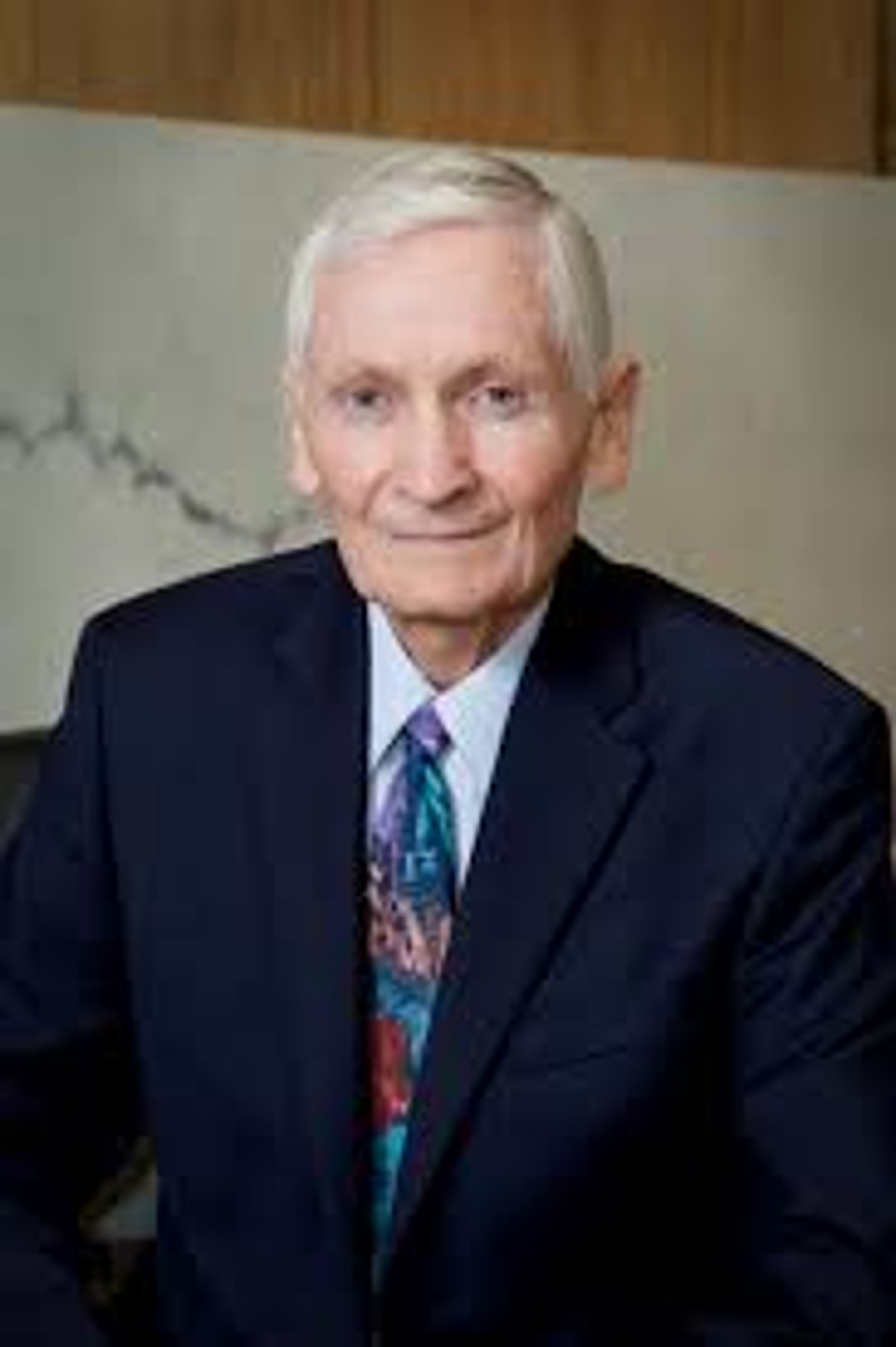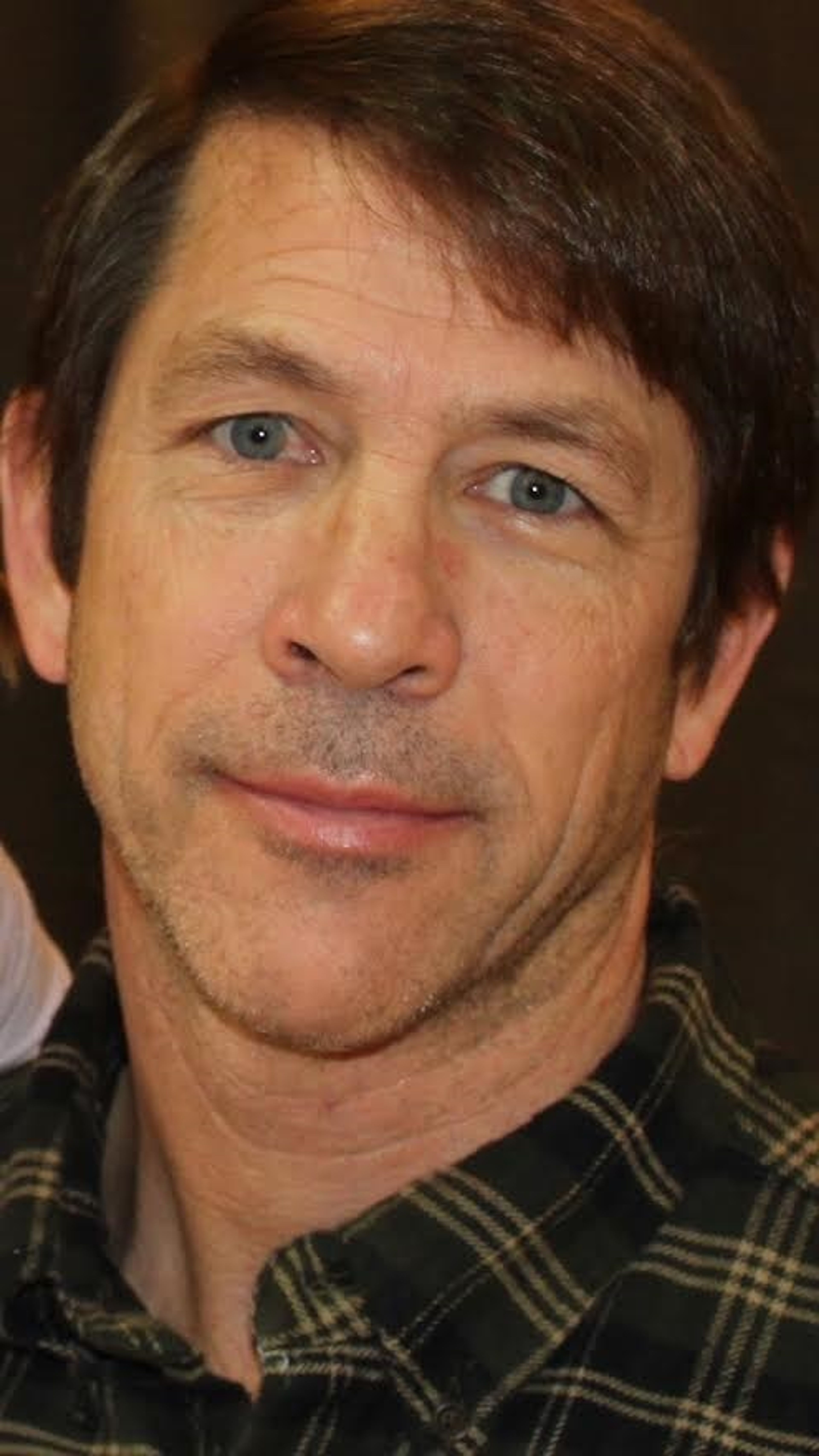Far too often, Americans do not prepare for potential emergencies or other situations that require quick action. We have been blessed with police, firefighters, EMTs, and to a lesser extent other government-based agencies that help in catastrophes and other emergencies.
This also is true with our money. We do not save enough. Checking a few different resources, I found the median savings for a 25-year-old is about $3,200. By age 40 the median is about $1,500 more.
It’s important to acknowledge that many people have money in investments, therefore what’s in the bank isn’t the grand total of their wealth. Normally investments shouldn’t be touched because long-term growth is paramount. Therefore, these investments should not be looked at as emergency money.
Because of the fact that not enough Americans are preparing for themselves, Congress must make saving compulsory. By starting a digital currency, our government can control spending and force savings.
Because it’s digital, the receiver of the money would have very few options to convert it without the government’s blessing.
The Federal Reserve says it will provide both a digital currency and a paper currency. They fail to inform the average citizen the plan is to remove large denominations of paper currency. There will be a time where the largest denomination is 20 bucks. Why remove large bills? They say it fights crime. I say it controls people.
Congress would control the amount required for savings from each deposit. The system will not let you spend earmarked savings. Remember, it’s digital and someone else controls the computer programming that allows currency transfers. So, you are at the mercy of their rules.
With a compulsory savings system, we would help all Americans prepare to take care of themselves.
Some people spend money on vices. Our friends in big government could limit the amount spent on vices in any given period. This is a digital currency and any spending of the money will be monitored and most likely controlled.
A digital currency will absolutely allow for control of the citizens. Far greater control than anything we have ever known. The federal government frequently forces states to fall in line by threatening to withhold funding.
They will do the same to citizens. Shutting off the ability to use digital currency at any location they don’t want us to use it.
Under the 4th Amendment of the Constitution, we have privacy from the government. It protects all citizens whether or not they’re committing a crime. The only way around it is to get a warrant. To do that there must be enough facts to show a high probability that there is a crime being committed. The warrant must be specific about what will be found and where the search will take place.
This is privacy while still allowing for a criminal investigation. The Federal Reserve’s digital currency will not afford Americans any amount of privacy. They admit there will be no privacy while trying to claim there will be privacy. It is shocking.
The Federal Reserve published a paper called “Money and Payments: The U.S. Dollar in the Age of Digital Transformation” in January. They claim consumer privacy is “critical.”
In the very next sentence, they write “however.” That, by itself, tells you that the statement about privacy being critical is tempered with something that is more important — to them.
What is more important than the privacy of citizens? Providing a way to “deter criminal activity.” How will that be done? Further down in the 40-page document it states the digital currency “would generate data about users’ financial transactions in the same ways that commercial banks [do]”. That is not privacy when compared to the true privacy that is protected by the Bill of Rights.
A compulsory savings system could be spun as a way to win over public support for a digital currency. The result of a digital currency is complete control over citizens by controlling the purse strings.
Anderson was the co-host and producer of a conservative talk radio show before hanging up the headphones. He has a degree in philosophy and enjoys photography, woodworking, and sports. When not computer programming, he volunteers in the community.








